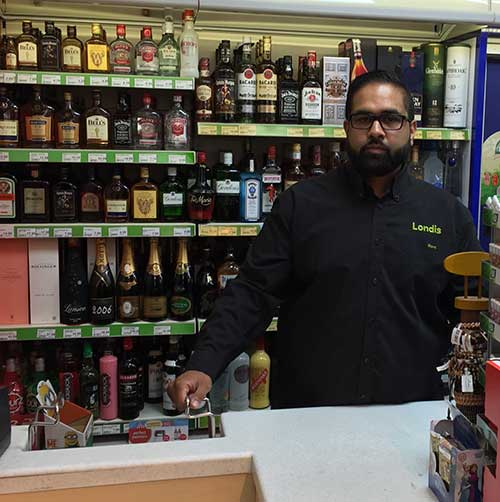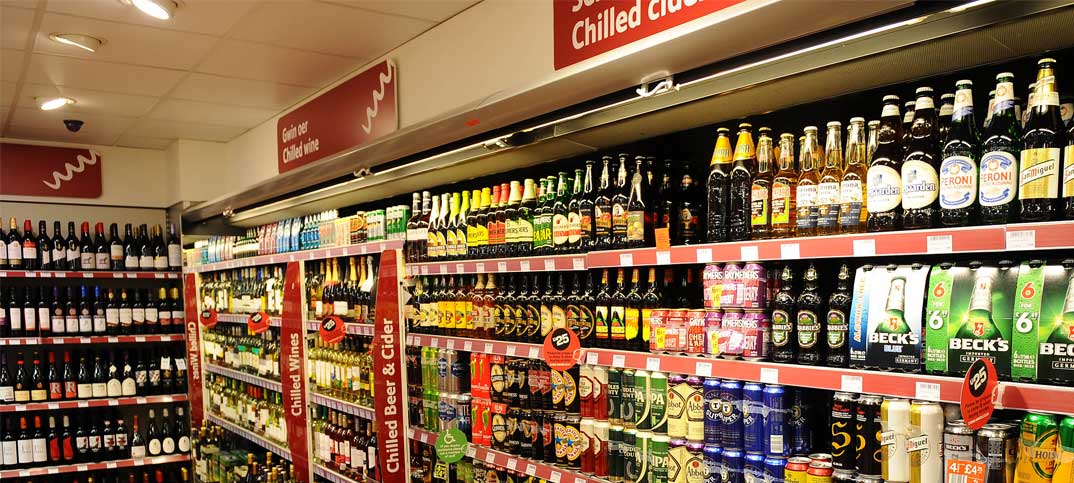If you could design the perfect alcohol regulations, what would they look like? Do you think you’d get it right first time?
What would the regulations contain? You’d think about an age restriction, obviously, to protect children from the dangers of alcohol.
What days, and times, could you serve it? In what quantities, and at what price per unit? Or would there be no limit on those? Could you promote it via advertising outside your store? Promote it inside your store?
You can probably think of an answer to most of those. Or at least seek to maintain the status quo. But thoughts around alcohol and legislation change so quickly that reacting to what happens in the real world is absolutely crucial.
Remember that the Sunday Trading Act only came in in 1994. That pubs couldn’t open all day until the late 80s. That powdered alcohol still doesn’t exist in this country, but the Lords are already looking at banning it. Time moves quickly. These changes reflect the ways that society has moved.
 Kent retailer Nishi Patel told Retail Express he and his staff get attacked or abused once a week by “drunk shoppers”. Read the full story online.
Kent retailer Nishi Patel told Retail Express he and his staff get attacked or abused once a week by “drunk shoppers”. Read the full story online.Our front page story this week features Nishi Patel. Nishi is typical of a huge number of retailers up and down the country. He has to put up with abuse day after day from drunk customers. He hasn’t sold the alcohol to them – they just pick him because he’s a static target, always there, easy to abuse.
Will minimum unit pricing affect whether he is abused every day? No, he says. Increasing the price of a product that people are so dependent on will simply lead to more and more trouble in store.
If legislative changes reflect societal changes, we need to think carefully before introducing more of them. We live in a society that puts retailers at risk from drunk and disorderly people every single day through no fault of their own. Why would we look to increase that, rather than tackling the society of dependence that leads to these discussions in the first place?



Comments
This article doesn't have any comments yet, be the first!